Step into artist and lawyer Amani Haydar’s western Sydney home and the first thing you notice is her art. Large, colourful canvases are propped up on easels, and adorn the walls.
But art isn’t the only thing that decorates Amani’s home; vines and pot plants festoon every surface. “I love plants,” laughs Amani. “They’re very calming and therapeutic – to look at and to care for.”
Over the past six years, the simple acts of nurturing – whether caring for her two young children, painting or tending to her beloved plants – have helped Amani recover from a horrific act of violence that shattered her family in the most brutal way imaginable.
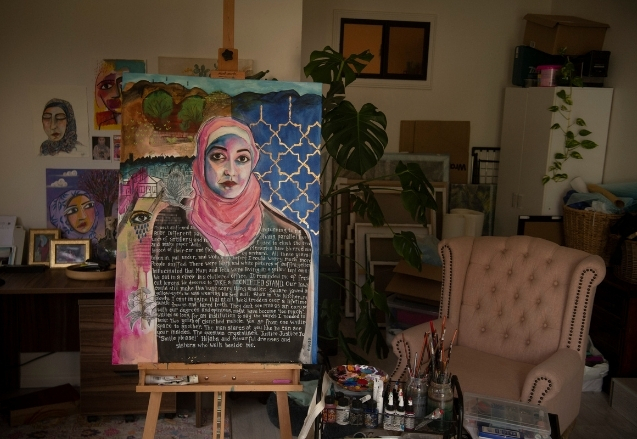
On March 30, 2015, Amani was five months pregnant and preparing for bed when she received a panicked call from her cousin. She explained that Amani’s father, Haydar, had turned up at a family member’s house covered in blood.
Shocked, Amani tried to call her mother, Salwa, and her sisters, and when she couldn’t reach them, she and her husband set off in the car. As they drove, an aunt rang and told them to head straight for the hospital.
It was there that Amani learned that her father had turned up at her mother’s house, accused her of having an affair and begun a frenzied attack with a knife.
Her younger sister Ola, then just 18, tried in vain to protect her mother, but it was only when she called Triple O that Haydar fled. Tragically, it was too late for Salwa, who died, aged just 45.
The attack was – and remains – “completely bewildering” for Amani, who never saw her father physically hurt her mother before that night and never suspected that he was capable of such monstrous violence. “You don’t believe that the people you’re related to are capable of that. It seems like a thing from the movies.”
You don’t believe that the people you’re related to are capable of that.
Now, six years later, Amani has released a memoir, The Mother Wound, that recounts the events leading up and following her mother’s death.
It’s a tenderly written book; a moving portrait of a beloved mother by a grieving and devoted daughter. However, Amani’s perspective – as the daughter of a victim of violence, a lawyer and a Lebanese-Australian woman – transforms The Mother Wound into something even more meaningful: a nuanced perspective on the complex ways in which domestic abuse, culture and intergenerational trauma intersect.
Today, Amani is dressed in a brightly coloured hijab (or headscarf), a black dress and silver Ivy Park high-tops. Her long nails are painted navy, and she answers each question eloquently and evenly, like the commercial litigator she once was.
She still thinks about her mother daily. “Not necessarily in an emotional way, but in really practical ways – so when I’m cooking, I think ‘How would my mum have done this?’ or while I’m shopping, I think ‘My mum would have really liked this jacket.’ You know how you have that second voice in your head? That, for me, is my mother’s voice’.
“I still feel a deep sense of grief and loss,” she continues. “And I still feel very angry, as well, because a huge injustice was committed against her.”
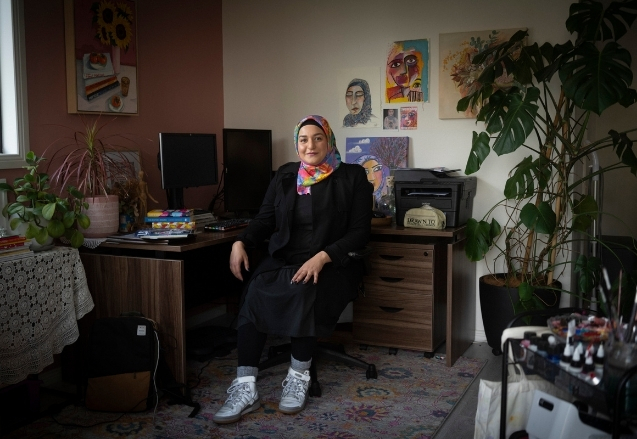
She remembers her mother as “vibrant, motivated and resilient” – a woman from a tiny Lebanese village, who moved to Sydney, and eventually trained as a counsellor.
In The Mother Wound, Amani explains that Salwa met Haydar when she was just 17. He was 30 and living in Australia, and had returned to Lebanon to find a wife. Within months, the pair were married and Salwa had moved to Sydney.
That was 1987, and within a year, the young bride had given birth to Amani, with three more children following in quick succession – Ibrahim, Nour and Ola. Meanwhile, Haydar supported the family as a taxi driver.
The way Amani describes it, her upbringing in Sydney’s western suburbs was unremarkable, if relatively strict. “There is a pressure on second-generation kids in migrant families to somehow fix the past,” she writes in The Mother Wound. “Our parents made sacrifices. We’re supposed to reach back across time and space and make it all worth it.”
There is a pressure on second-generation kids in migrant families to somehow fix the past.
However, from a young age, Amani was aware that her parents’ marriage was unhappy. They fought constantly, and Haydar could be contemptuous and deliberately cruel. He would criticise his wife for wearing too much make-up and berate her for the smallest infraction.
He was controlling too, and Amani remembers Salwa recalling, with raw regret, incidents from the early years of their marriage. For instance, the way Haydar furnished their new home without consulting her. Or his refusal to agree to a wedding reception, instead telling her to hire a wedding dress and take staged photos in a studio to send home to Lebanon.
“When I started revisiting things, I saw that there had been a pattern,” says Amani. “Even though I couldn’t quite articulate it or put my finger on it at the time. [There were things that] seemed odd or didn’t make sense, but when your environment is already an abusive one or an unhealthy one, you kind of gloss over them.”
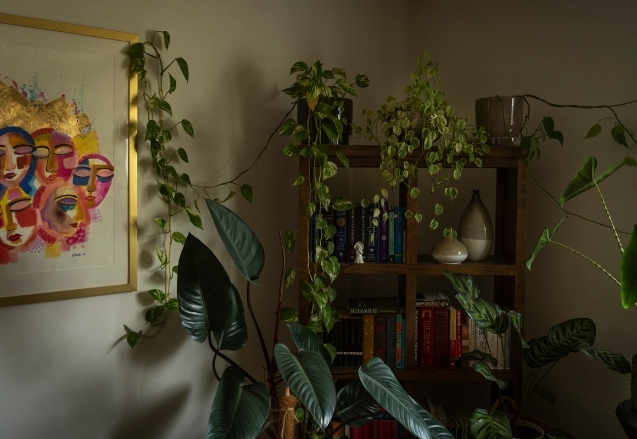
Today Amani views her father’s actions as a classic case of ‘coercive control’, a type of psychological abuse, designed to gradually erode Salwa’s confidence and autonomy.
But although she didn’t recognise this behaviour at the time, she thinks her mother knew she was in danger. “My mum studied and became a counsellor, and eventually she was identifying my dad’s behaviour with words like ‘gaslighting’ and ‘controlling’ – and when people begin to have that language, they’re empowered, and that would have given her the confidence to leave that relationship.”
In fact, Salwa did attempt to leave, and moved into her own villa shortly before her murder.
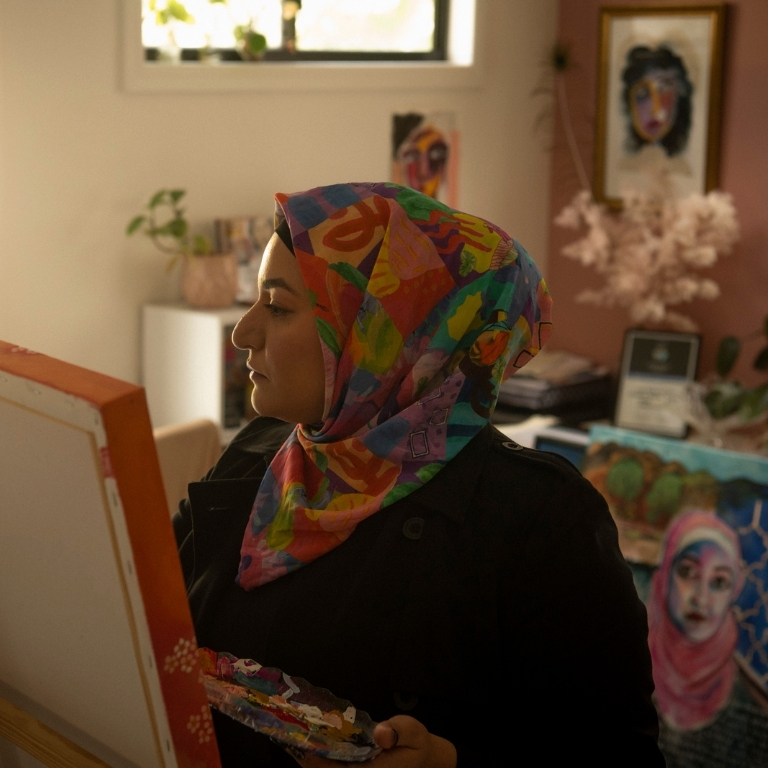
Amani is conscious that, for some people, Salwa’s murder is confirmation of the link between certain cultures and abuse. “There are people who see [my mother’s death] as proof that Muslim men are particularly violent. There are other people who see it as proof that Muslim women are particularly vulnerable and weak.”
The truth, she says, is far more complex.
“I think there are aspects of my mum’s experience that tie in with her cultural context,” she says, matter-of-factly. “So, things like living in a close-knit community can make it hard for women to leave an abusive relationship because they might be afraid of gossip, or they might not be able to access resources outside of that community.
“I think another issue would have been years and years of conditioning that would have said to her: your value as a woman is tied to your role as a mother and as a wife.”
Salwa’s isolation from her family, as well as the 13-year age gap would also have tipped the balance of power within her marriage.
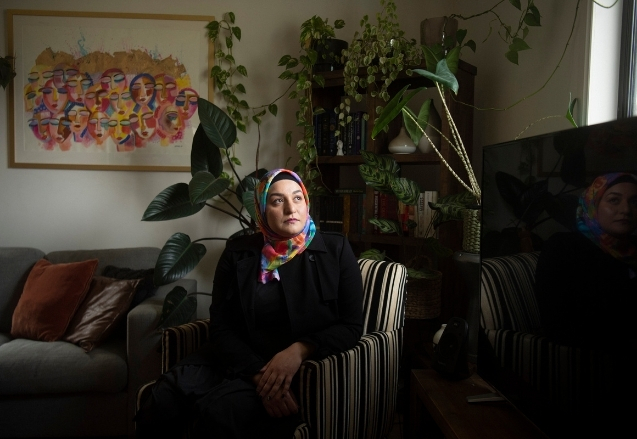
And then there is intergenerational trauma. In a poignant passage in The Mother Wound, Amani describes the horrifying moment in 2006 that Salwa learned – via a television news bulletin – that her own mother had been killed by an Israeli airstrike near Aitaroun. Salwa was understandably inconsolable, and Amani believes that any kind of experience with war leaves an indelible impression.
“If you’ve got a history of war in your family, and of colonisation, then the intergenerational effects of that make you more susceptible to depression and anxiety. It’s a link we don’t talk about often enough… but it might make it harder for [migrant women] to seek support or even articulate their needs.”
And yet for all the vulnerabilities that migrant women can face, Amani believes that culture was far from the main factor at play in her mother’s murder.
Haydar’s controlling behaviour; his decision to attack Salwa soon after she left him; and the victim-blaming approach he later took in court were all acts that transcend cultures, and are common among abusive men, irrespective of their location, background or what religion they practice.
Today Haydar’s reign over his family is over. In 2017 he was convicted of murder and sentenced to 18 years in prison.
Now, as Amani sits in her living room, smiling as her white kitten, Prince, bats at the hem of her dress, it is obvious that she is the one in control.
After having children, she decided not to return to her career as a lawyer, and instead focused on another passion: art. Today, her mother and the theme of women’s empowerment are central to the work she produces.
She hasn’t seen or spoken to her father since his murder trial.
“One thing I often say is that I feel like my mum is alive, and I feel like my dad is dead. When you have such a strong connection and memories and shared ideals with someone [as I did with mum] then it’s easier to keep them alive through your work and things like that.
“Whereas my dad… I don’t think about him. He’s not a source of inspiration for anything that I do. And it feels that there’s just been so much damage there. So, I focus on what can be changed.”
I feel like my mum is alive, and I feel like my dad is dead.
For Amani that means using her legal training to advocate for changes to the way the justice system treats victims of domestic violence. She is currently campaigning for financial support to be made more readily available to pregnant victims of domestic abuse (especially given that pregnancy is a time of high risk for women).
She also wants to see more ongoing support for victims of abuse, explaining that once court proceedings are wrapped up, many women are left to navigate their recovery alone, unaware of the lingering effects of trauma and violence on their wellbeing (and their children.)
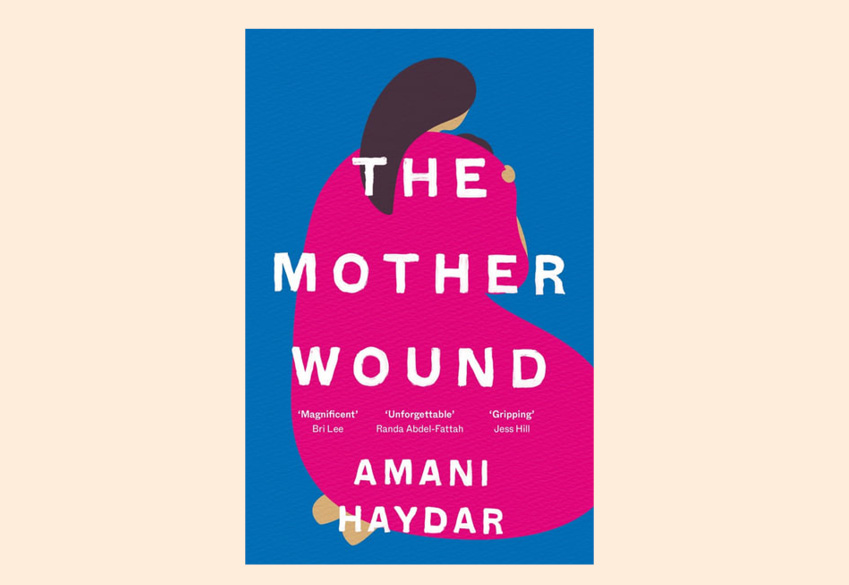
Amani also wants to see more education for school-age children about what healthy and unhealthy relationships look like, so that – unlike her – they have the language to identify abuse. Crucially, that education must be culturally relevant, she says.
Feminism – whether the corporate, career-focused feminism or the “Sex and the city designer-clad” form – can feel irrelevant to girls from marginalised cultures, who are raised to prioritise family, dress modestly and who grow up with complex links to tradition. “For the women who probably need feminism most, it remains a very inaccessible concept,” she points out.
She hasn’t yet found the words to explain what happened to Salwa to her own children. “They’re still quite small, but they know she passed away. When they get older, I’ll share more of her story with them. That’s one of the powerful things about writing the book – I know I’ve documented these experienced for the next generation so that my mum and my grandmother won’t be forgotten.”
If you or someone you know is experiencing domestic violence, please call or visit 1800 RESPECT.
You can pre-order The Mother Wound by Amani Haydar (Pan Macmillan Australia) here.
Sign up to PRIMER’s weekly newsletter here.




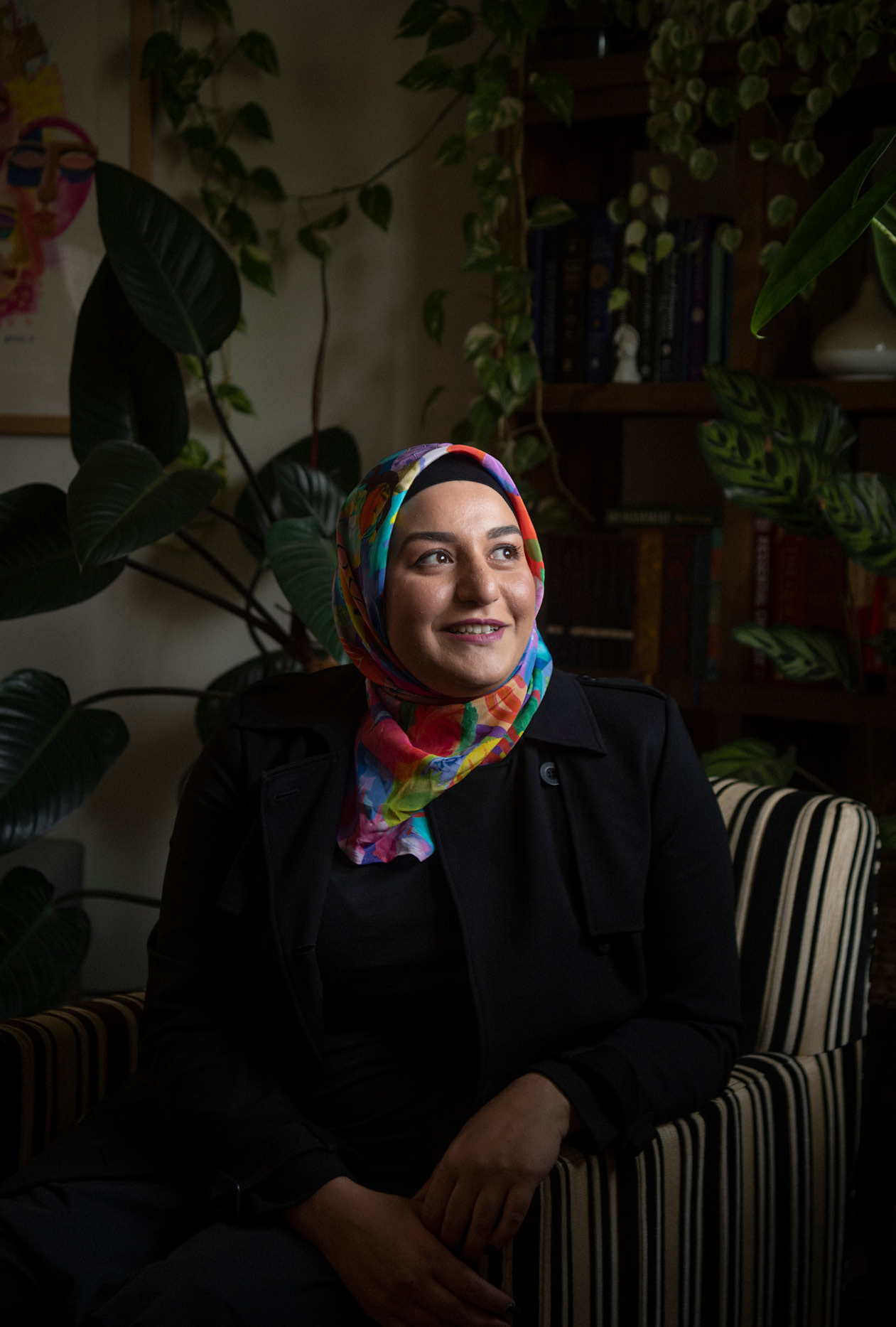
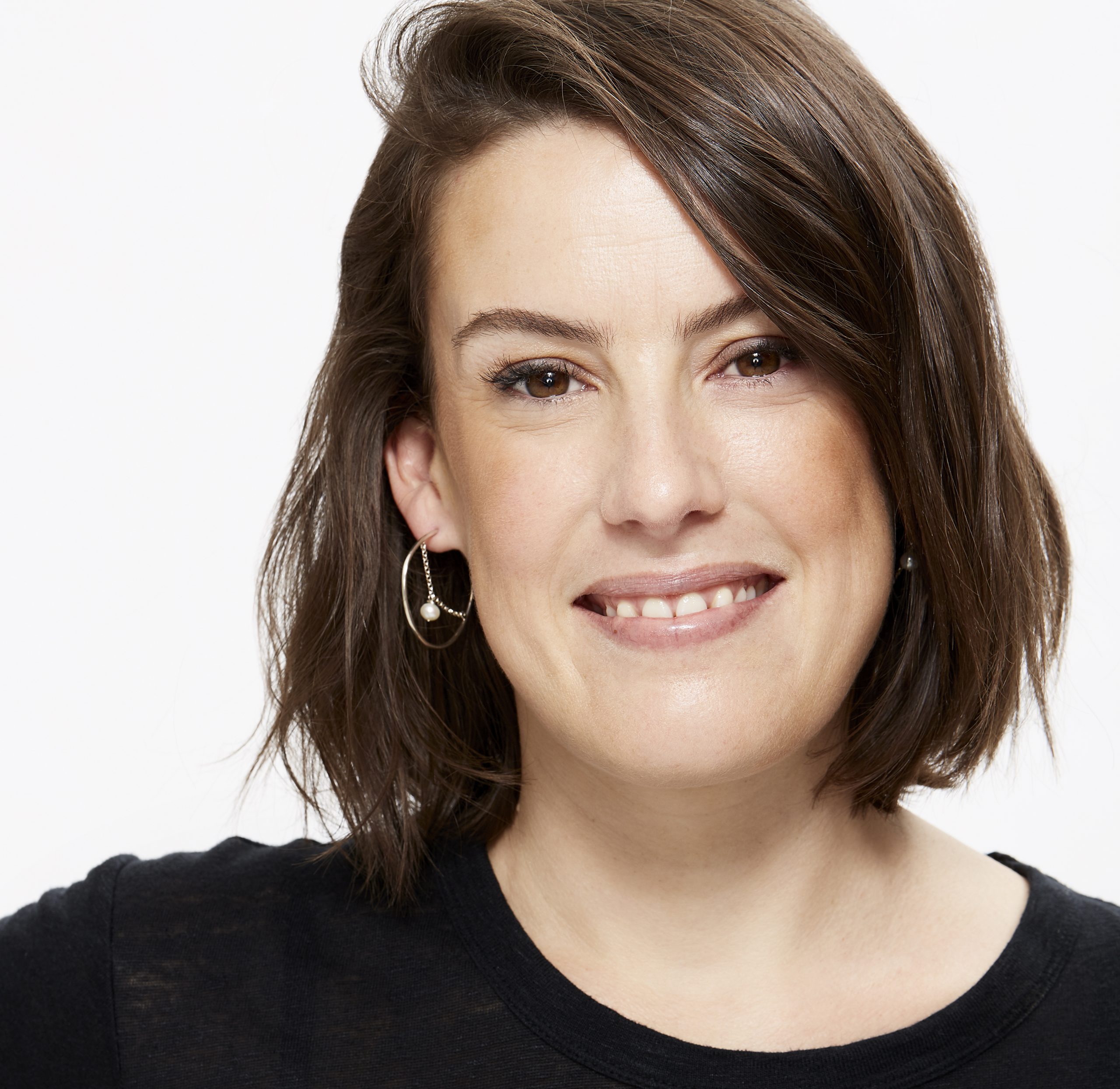

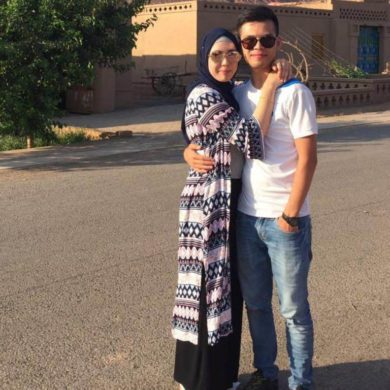
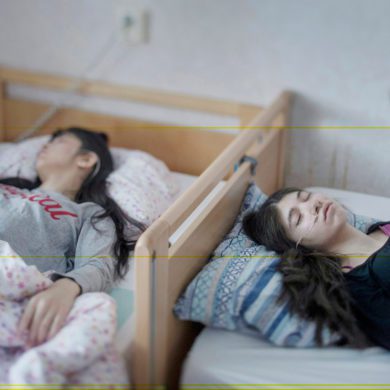
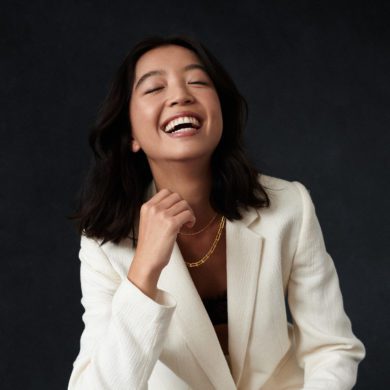
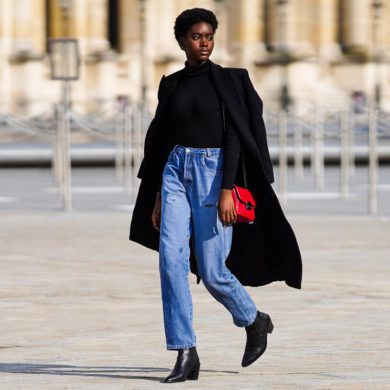
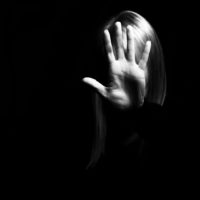
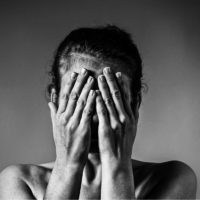
No Comments